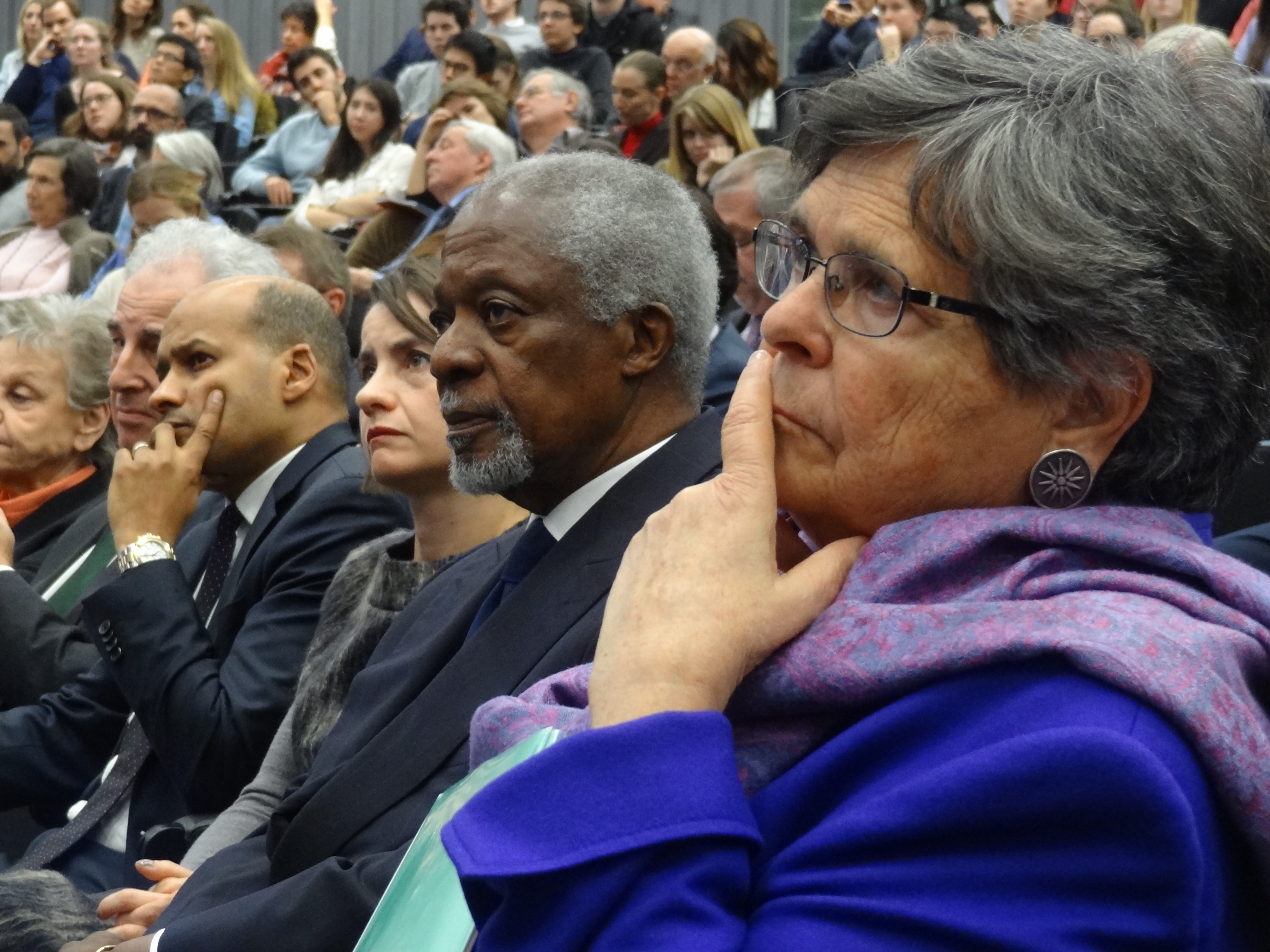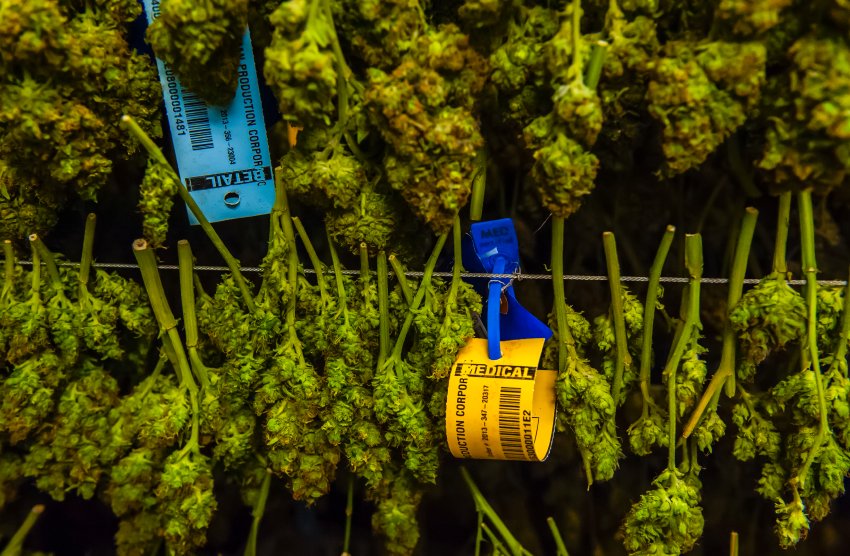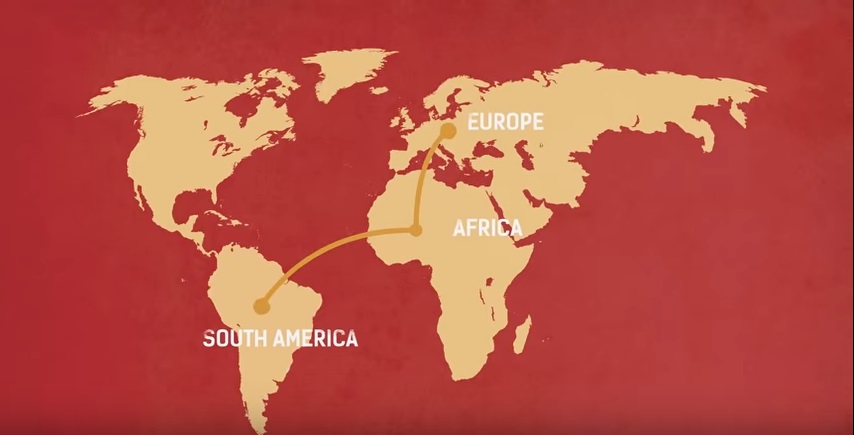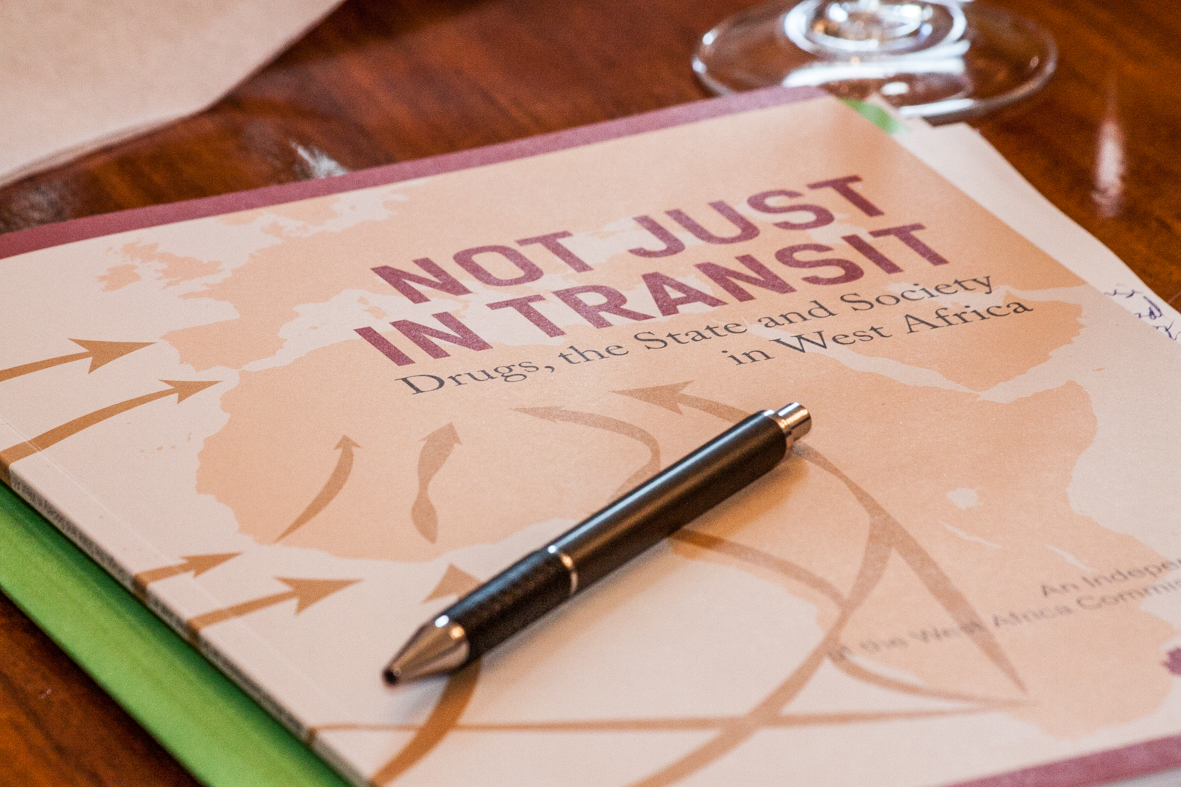A Community Visit by the West African Commission on Drugs
Whilst we do have reports and evidence that points to cannabis as the most widely consumed drug in the region, it was a surprise to me and many other members of the team that the drug of choice listed by the consumers in the community was crack and heroin with little or no mention of cannabis. In the words of one of the community members ‘these drugs are well within reach and available to us without so much stress’. A wrap of crack and heroin enough for a fix cost as little as 4 and 6 cedi respectively. With this reality, the one question popped up in my mind without playing down the role of law enforcement and considering the many years of implementing punitive drug laws was can we truly enforce our way out of drug consumption?
Information gathered from the prosecutor’s at the office of the Attorney General of Ghana, stated that any person convicted of drug use in the country is liable to a jail term between one to five years and for possession of any amount of illegal substances such a person risks serving anything between ten years and life imprisonment if convicted. And here comes another question How many of the country’s population do we want to keep in prisons for this manner of offence considering the youthful population of Ghana and the increasing consumption of narcotics? How effective is this method and what will we achieve? This became even more troubling for me when I remembered that few days before the visit it was reported in one of the Ghanaian daily newspapers that three cops killed a drug user smoking cannabis while making attempt to arrest him and others who are reported to be young people.
Most of the people we interacted with at the community are from the lower economic class of the society and they considered themselves to be victims of social inequalities such as poverty, unemployment, lack of access to education, loss of shelter, and broken families among many others. Peer influence was also one of the factors they mentioned that predisposed them to drug use. They also complained of neglect and stigma. I couldn’t agree more considering the facial expressions of some passerby who saw us interacting with the people. Many of these people reported lack of access to healthcare services for so many reasons. “I recently lost one of my friends” said one of them. I was curious to know the cause of the death and when I asked him he told me he was sick for a long time and they couldn’t take him to the hospital because they couldn’t afford it. When they finally did the doctor diagnosed him with chronic tuberculosis infection and few days after he died. Immediately I thought that the possibility of an HIV infection could not also be ruled out. Many of the drug users do not know their HIV status despite engaging in sexual and injecting drug use practices that put them at risk. These are public health issues that only law enforcement cannot address. There was also a gender dimension to what we saw in the community. There were women who are dependent on drugs and we all know that women who use drugs are at greater risk of harm. Some have to sell sex to generate income and it was touching to hear some of them have delivered children who are in custody of other people. They complained of the emotional trauma of not being able to personally care for their children. It is worth mentioning that some of the drug users have been to rehabilitation centers but relapsed. This is also a call for us to expand our treatment options.
I will want to say this community experience is not peculiar to Ghana, there are so many of such within the West African states. It is time to rethink our drug policies to be humane, embrace public health and focus on addressing social inequalities rather than punitive measures.
Adeolu is the Project Coordinator for Youth RISE Nigeria and a Commissioner on the West African Commission on Drugs



